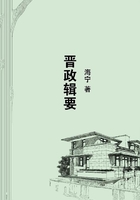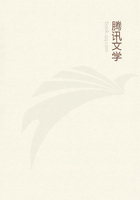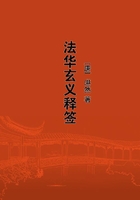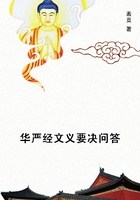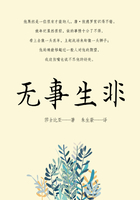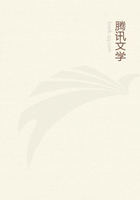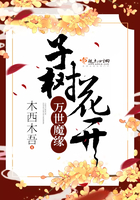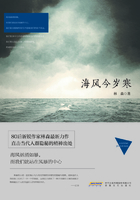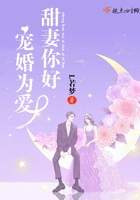Though in the beginning, as we saw, both were natural, organic and related processes, the modern rationalisation of industry has not been accompanied by a corresponding rationalisation of consumption.Inventors and transformers of industry have not had their counterpart in consumption.A hundred times the quantity of thought and effort has gone into the recent evolution of a single industry, such as cotton or chemicals, that has gone into the improvement of consumption.It is not difficult to understand the reasons of the great conservatism of the consumptive arts.In primitive societies, where each family is a self-sufficing economic unit, or where division of labour is on the simplest lines, the industrial arts are almost as conservative as the methods of consumption.The adoption of a new way of working is nearly as difficult as the adoption of a new want.Custom rules both with an almost equal sway, though even at this stage its hold upon the organic feelings will be somewhat stronger on the consuming side, especially in matters of food and of family or tribal ritual.It will be a little easier to use a new sort of snare, or to change the shape of a pot or basket, than to take to a new headgear or a new way of cooking meat.But when the industrial arts have advanced a certain way, two forces combine to break the bond of custom and to encourage experiments and improved methods.While consumption continues to be carried on in a number of simple actions involving no considerable effort or conscious attention, industry has passed into a related series of processes of considerable duration and involving many separate acts of conscious effort and attention.The production of an article will thus present a far larger number of opportunities for change than its consumption, and there will be a greater likelihood that advantageous changes will be tried and adopted.A new idea of saving labour, the chance discovery of some new material, will be approved more readily than any suggestion for some new food or an unaccustomed article of clothing.For, in the former case, the reasoning faculty is of necessity alive and operative to some degree, and the gain of the change can be realised experimentally, while in the latter case, the reasoning faculty is hardly awake, and any novelty of consumption is apt to have an initial barrier of natural aversion to overcome.
But there is another reason for the easier progress of the productive costs.In proportion as work passes into the shape of an organised business, administered by an employer for profit, the control of any of its processes by primitive custom or taboo tends to disappear.For the rationalism involved in the profitable conduct of the business compels the employer to break any traditional barriers obstructing the adoption of profitable reforms.
Though there are doubtless many reforms of the consumptive arts as humanly economical and profitable as any of the great industrial reforms, there is not the same concentrated motive of large immediately realised gains to urge their claims on any body of consumers.Not only are the gains from an improvement in production more immediate, more concrete and more impressive, but the risks and inconveniences of the change are largely borne by others than the reformer, viz., his employees, or his shareholders.The consumer, on the other hand, has himself to bear all risks and inconveniences involved in the abandonment of an old article or method of consumption, or the adoption of a new one.Finally, it must be remembered that the actual risks attending an innovation are greater for the consumer.For the modern producer is a skilled specialist in the particular art of production in which he is engaged, the consumer is an unskilled amateur in a more general art, possessing little knowledge and no effective power of organising for his self-defence.
§4.The fact that the monetary profit of producers is the principal determinant of most changes in the nature of consumables and the standards of consumption is one of the most serious sources of danger in the evolution of a healthy social economy.The present excessive control by the producer injures and distorts the art of consumption in three ways.1.It imposes, maintains and fosters definitely injurious forms of consumption, the articles of 'illth'.2.It degrades or diminishes by adulteration, or by the substitute of inferior materials or workmanship, the utility of many articles of consumption used to satisfy a genuine need.3.It stimulates the satisfaction of some human wants and depresses the satisfaction of others, nOt according to their true utility, but according to the more or less profitable character of the several trades which supply these wants.
The prevalence of many of the most costly social evils of our time, war, drink, gambling, prostitution, overcrowding, is largely attributable to the fact that their material or trade appliances are sources of great private profit.Such trades are the great enemies of progress in the art of life, and the rescue of the consuming public from their grip is one of the weightiest problems of our time.Two methods of defence are suggested.

